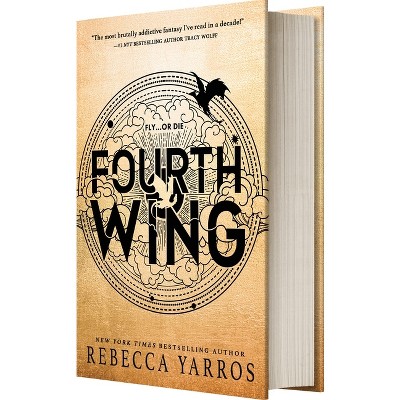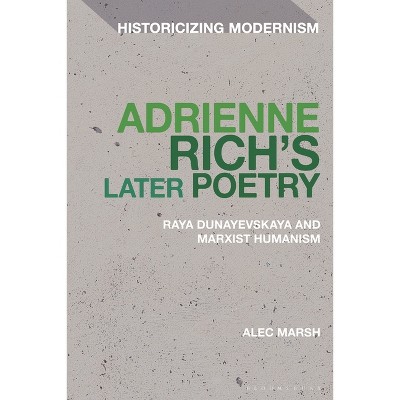Study of Intertextuality in Mohja Kahf's E-Mails from Scheherazad - by Hamida Riahi (Hardcover)

About this item
Highlights
- In this book, Hamida Riahi explores the powerful use of intertextuality in Mohja Kahf's E-Mails from Scheherazad, focusing on how parody and allusion work to deconstruct Orientalist discourses surrounding Muslim women.
- About the Author: Hamida Riahi is Lecturer at Northern Border University, Kingdom of Saudi Arabia.
- 120 Pages
- Literary Criticism, Poetry
Description
About the Book
This book examines Mohja Kahf's use of parody and allusion in E-mails from Scheherazad to deconstruct Orientalist views of Muslim women. By revisiting historical Islamic figures and rewriting Western literary forms and narratives, Kahf challenges the stereotype of the oppressed Muslim female and reclaims a multifaceted identity.Book Synopsis
In this book, Hamida Riahi explores the powerful use of intertextuality in Mohja Kahf's E-Mails from Scheherazad, focusing on how parody and allusion work to deconstruct Orientalist discourses surrounding Muslim women.
Through a parodic rewriting of The Thousand and One Nights, the Shakespearean sonnet genre, and Matisse's paintings, Kahf dismantles reductive stereotypes imposed on Muslim women and revises the dominant Western narratives that portray Muslim women as oppressed and voiceless. Riahi explores how the Kahf draws upon allusion to Islamic history and the Qur'an, invoking iconic figures such as Aisha, Khadija, Esther, Zuleika, and others, to offer a counter-narrative that challenges both Western feminist perspectives and entrenched patriarchal views. Through this dual approach, Kahf not only critiques the historical and cultural misconceptions imposed by the West but also affirms the rich, complex identities of Muslim women. The author's examination provides a fresh perspective on the intersection of postcolonial feminism, Islamic feminism, and literary innovation.
About the Author
Hamida Riahi is Lecturer at Northern Border University, Kingdom of Saudi Arabia.Shipping details
Return details
Trending Fiction











